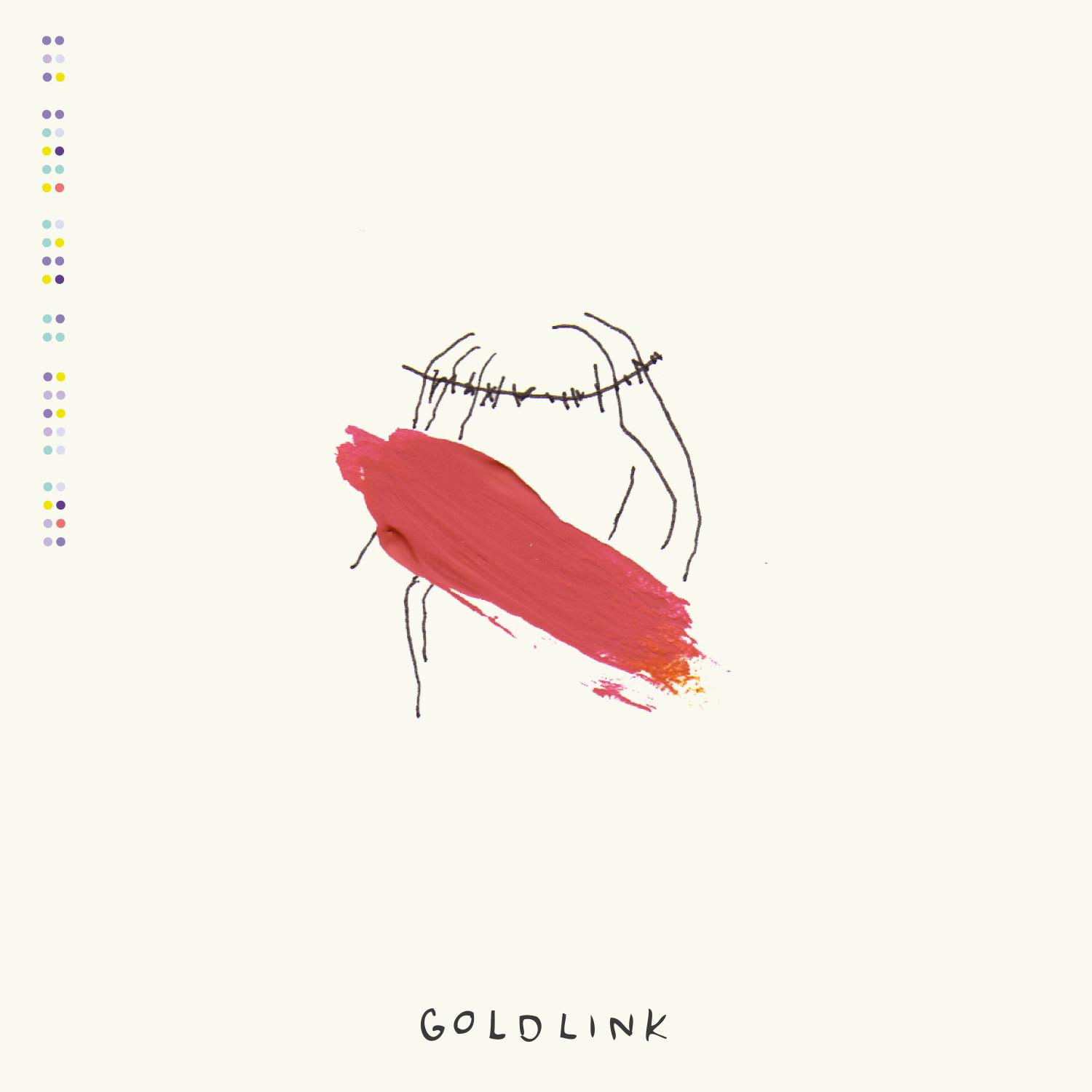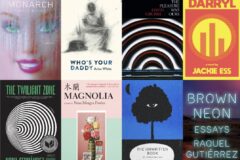Release Date: November 10, 2015
Label: Soulection
GoldLink is probably one of the more charismatic genre-benders in rap right now, a danceable force with a chameleonic, often explosive flow that helped cover up some gaps in his writing on 2014’s stellar God Complex mixtape. In the year since releasing the tape, he’s collaborated with a host of producers, chief among them Rick Rubin, fleshing out his sound and becoming the rap face of Soulection, a forward-thinking, Los Angeles-based indie label for genre-ambiguous musicians. The D.C. native returns as an even more dynamic rapper, telling stories with even cleaner exposition on his debut, And After That, We Didn’t Talk.
As the title hints, the record focuses on the fragile nature of interpersonal relationships and how fame erodes them. He articulates the sentiment (“The pressure of fame is getting to me already”) in the thumping intro, “After You Left,” which begins the long process of peeling back the curtain of anonymity he carefully constructed while building his buzz. Here he talks candidly about miscarriages and past romances (most notably, one with singer Kali Uchis), and takes (censored) shots at ignominious local rival Yung Gleesh. All of this goes a long way toward telling the rapper’s story, something his last project didn’t do. God Complex served as a great sampler for the future-bounce aesthetic he and the producers at Soulection have curated over the last few years. But on Talk listeners really get a better understanding of who exactly GoldLink is: a hopeful and perplexed young writer still figuring out his place, who’s also a hopeless romantic stewing in the anguish of frayed emotional connections and trying to outrun his seedy past. But he can’t help but get tripped up by nostalgia.
Many of the songs on And After That, We Didn’t Talk — especially “Zipporah,” “Palm Trees,” and “See I Miss” — are cleverly disguised ballads, and the rapper sneakily pens poems to lost loves, slipping in little details about himself into the margins. Several others have subtle messaging about black empowerment sprinkled throughout. On the groovy “Dark Skinned Woman” and the drum-heavy “Polarized,” these themes overlap. There are frequent mentions of black uprising (“New Black” has one of Talk’s most poignant couplets: “Cops killing blacks, blacks killing blacks, we gon’ die / But we gon’ die with honor, short stories, and homicides”), and blackness seems to inform everything that happens here. It serves as a key identifier for GoldLink, who bears his skin proudly and explicitly. It’s the heart that fuels his high-octane future-bounce stylings.
There are a few strong sonic ties to God Complex, specifically the works of producer Louie Lastic, but this album has greater balance. The full spectrum of sound explored is even richer this time around, especially with the hyperkinetic dance rhythms of “Dance on Me” and “Zipporah,” the latter of which plays like a church hymnal turned club jam. The LP scans several different shades of multi-genre dance music — R&B, house, and hip-hop (the Missy Elliott soundbite on “Spectrum” is a nice touch for a D.C. rapper also stretching the genre’s sonic fabric) — and yet the songs never feel more than two degrees of separation from one another. Talk is brimming with personality, trickier flows, crisper textures, and the same careful curator’s touch GoldLink has used to manage his public identity thus far. And he comes ever closer to revealing what that may be.





